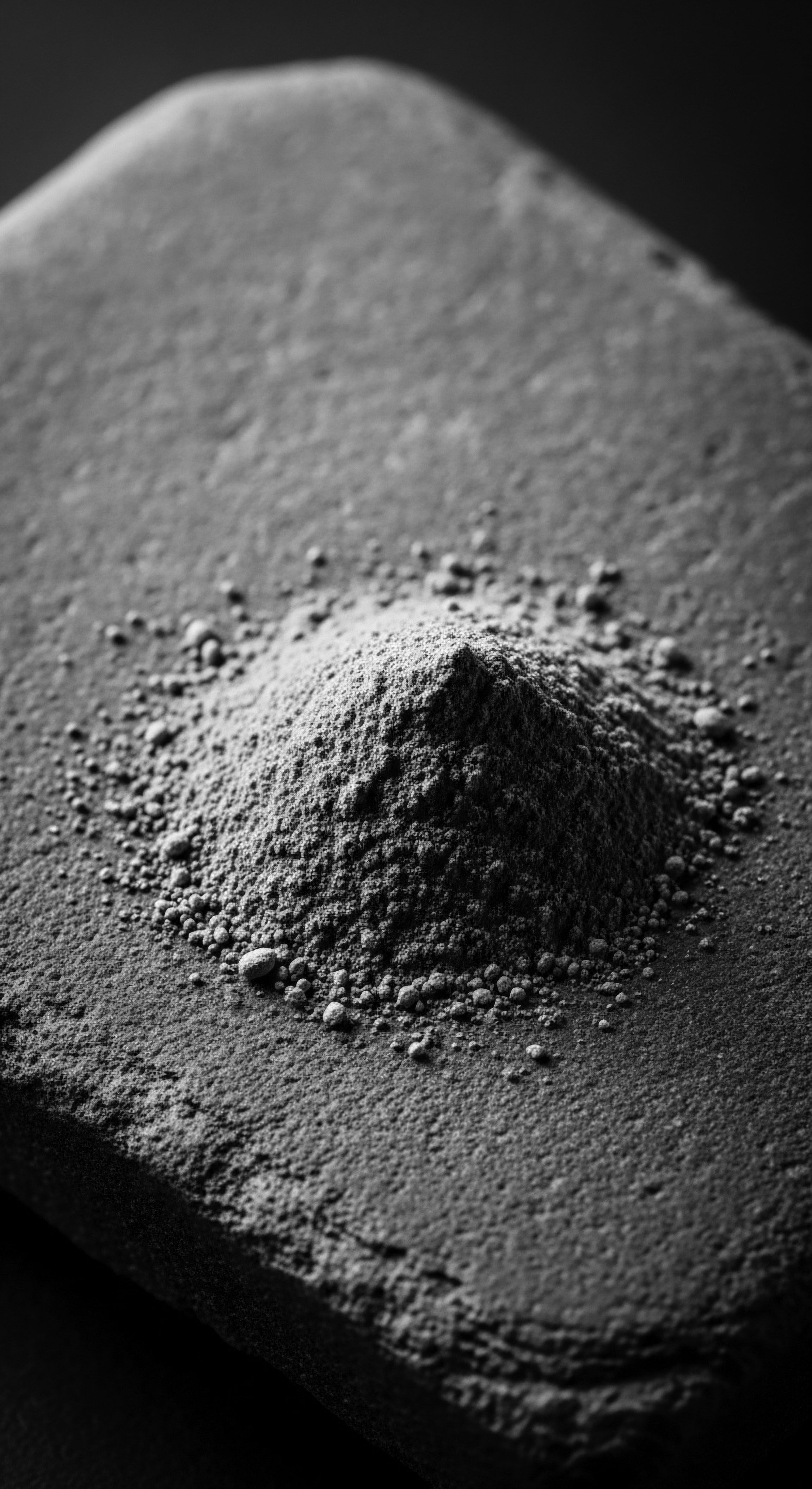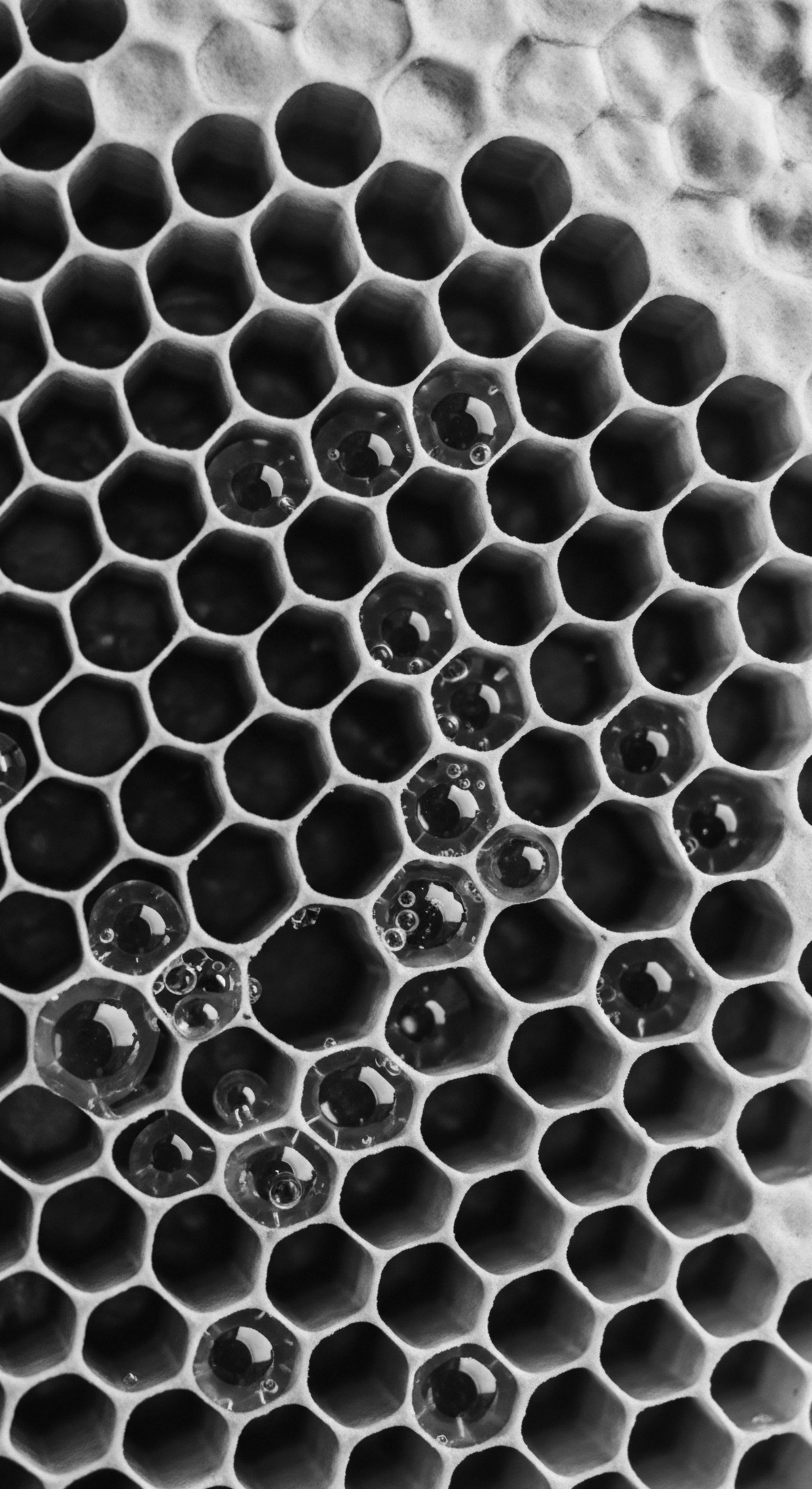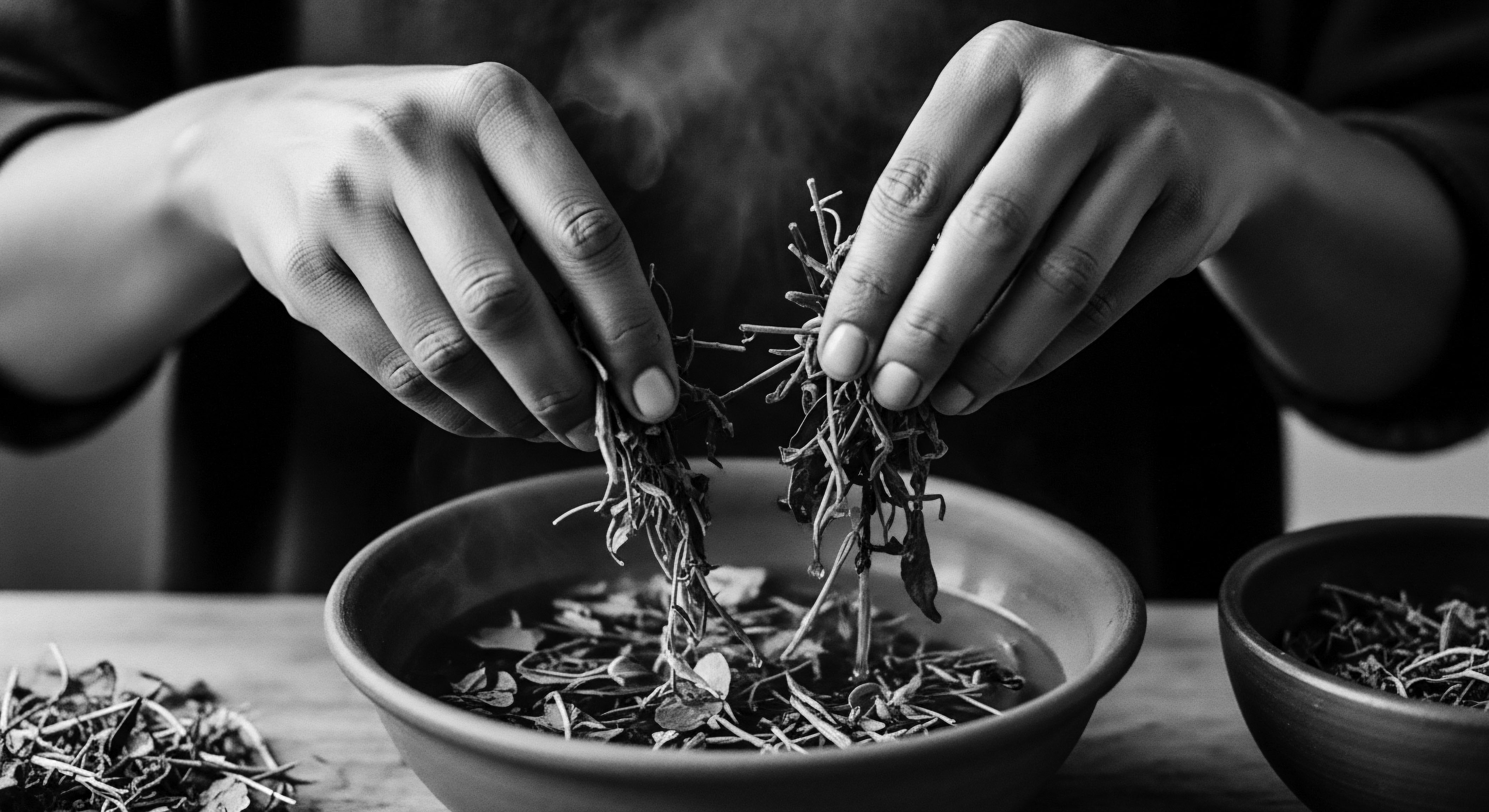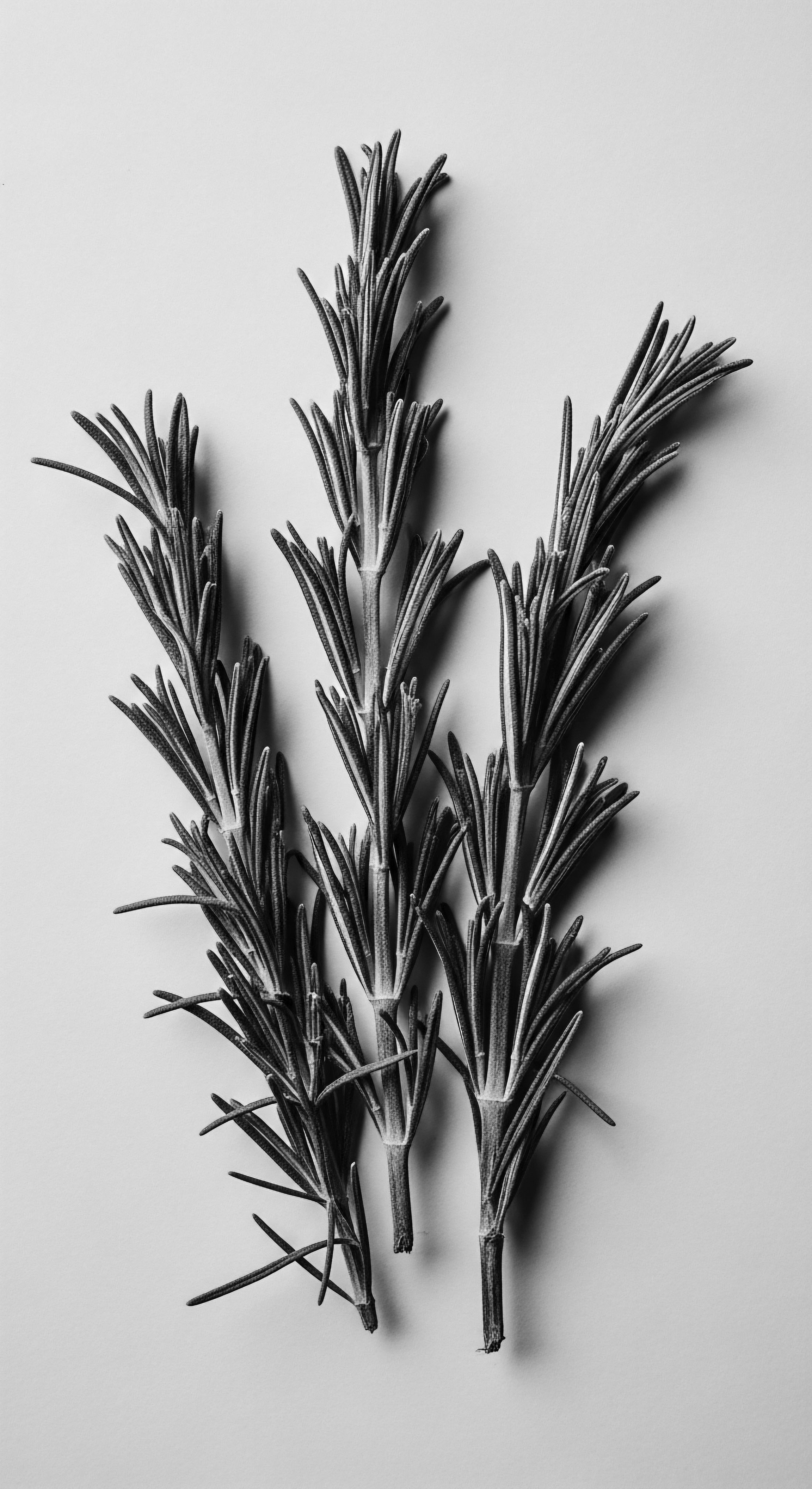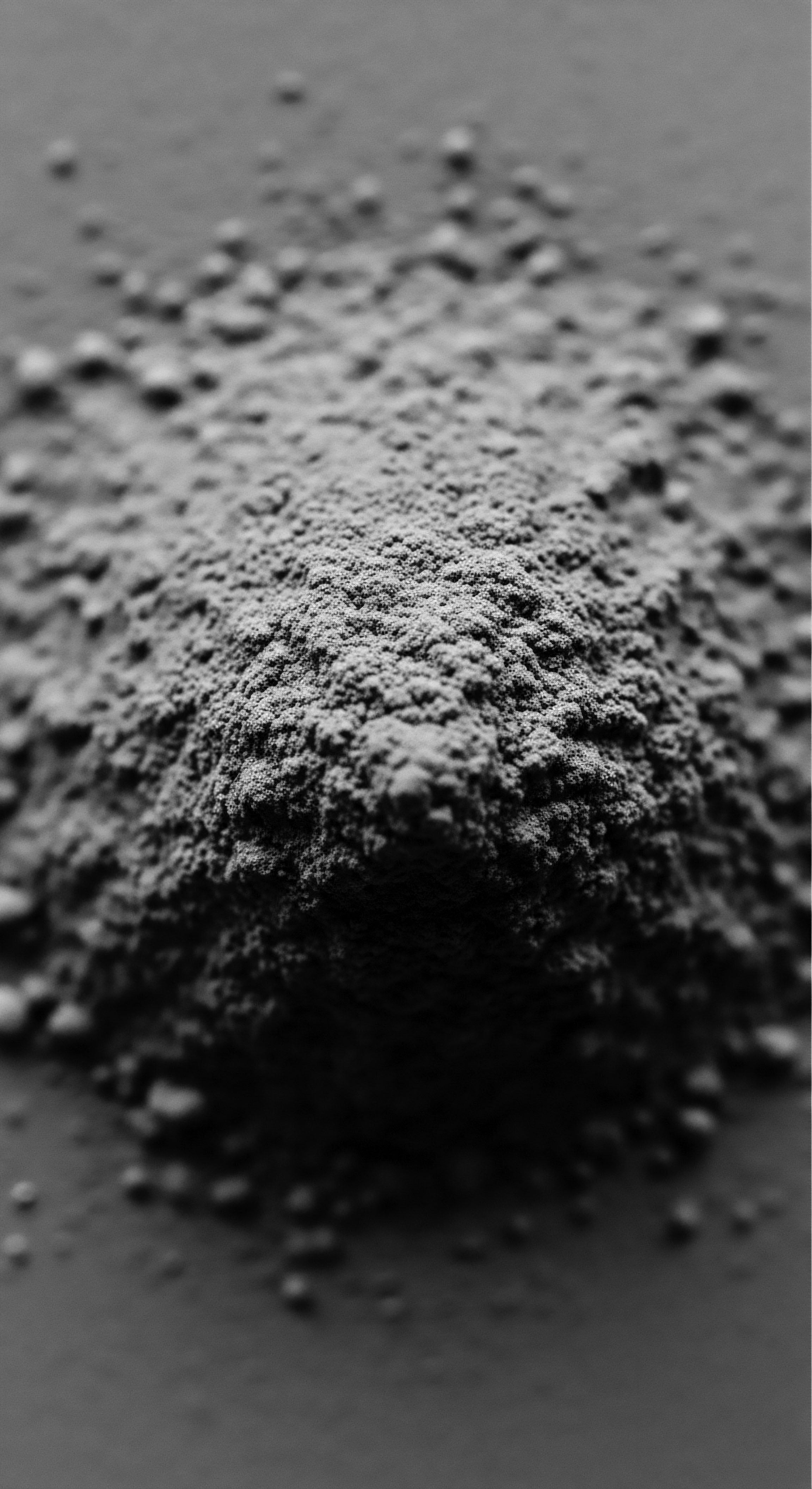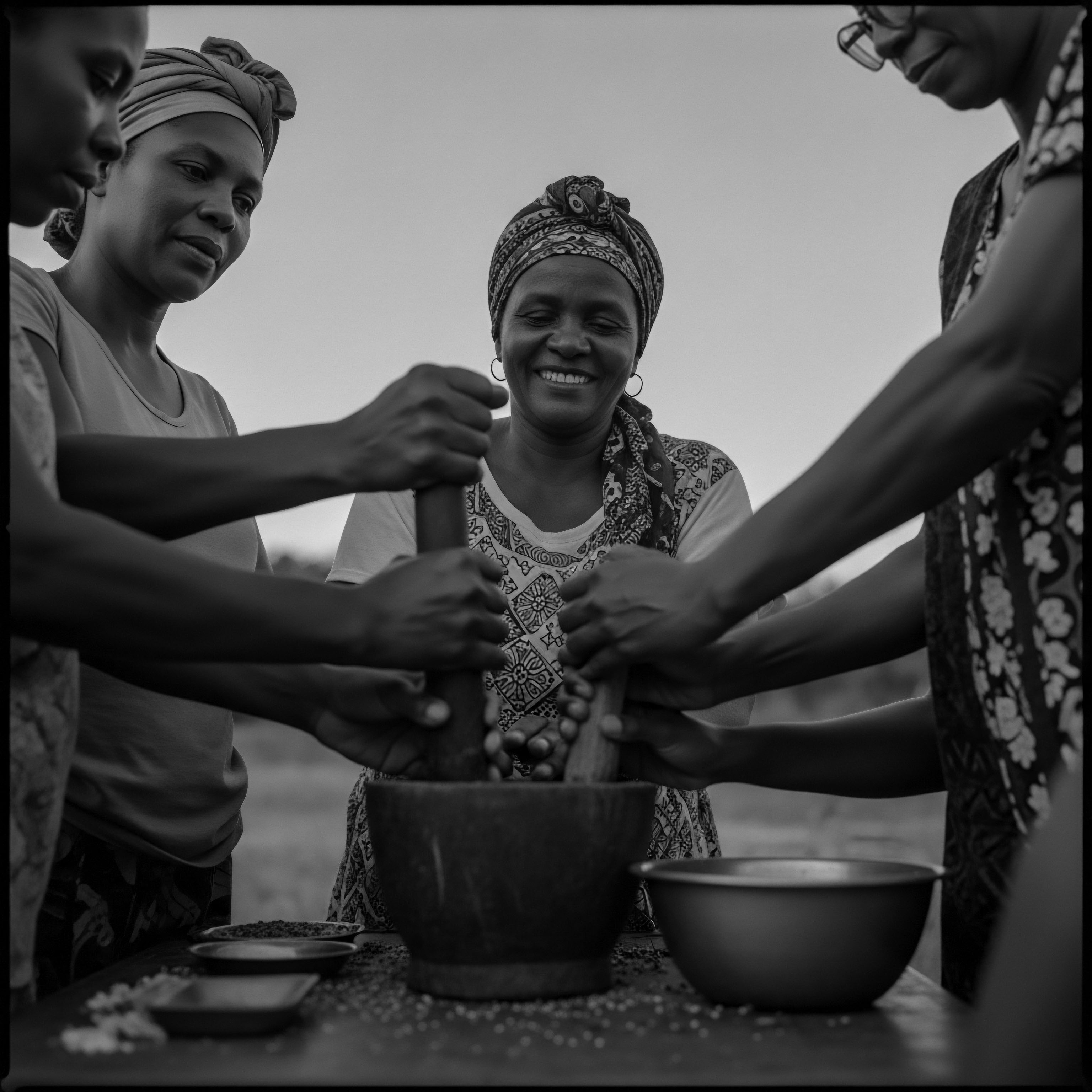
Fundamentals
The essence of Herbal Washes extends far beyond a simple act of cleansing; it speaks to an ancestral language of profound connection with the earth and its bounteous offerings. At its most fundamental, a Herbal Wash refers to a preparation derived from botanical sources, typically water-based, used to cleanse, condition, and restore the hair and scalp. This practice, ancient in its origins, serves as a gentle alternative to harsher chemical formulations, honoring the delicate equilibrium of textured strands and the sensitive landscape of the scalp. It represents a return to elemental practices, where the wisdom of the plant kingdom is harnessed to nurture hair.
The initial understanding of these washes begins with appreciating their core function: to purify without stripping, to fortify without burdening, and to soothe the scalp with properties inherent in nature’s apothecary. This foundational meaning underscores a philosophy of care that respects the innate structure and needs of hair, particularly those with intricate curl patterns and diverse textures.
Across various cultures, particularly within communities rich in ancestral knowledge of botanical remedies, the delineation of a Herbal Wash often blends with other forms of hair treatment. It is a testament to the versatility of plant-based care. The preparation can involve steeping herbs in hot water to create an infusion, simmering roots or barks for a decoction, or allowing plant matter to macerate in liquids over time to extract their beneficial compounds.
Each method draws forth distinct properties, from saponins that create a gentle lather to mucilage that offers unparalleled slip and conditioning. The direct application of these aqueous solutions to the hair and scalp is a ritual of restoration.
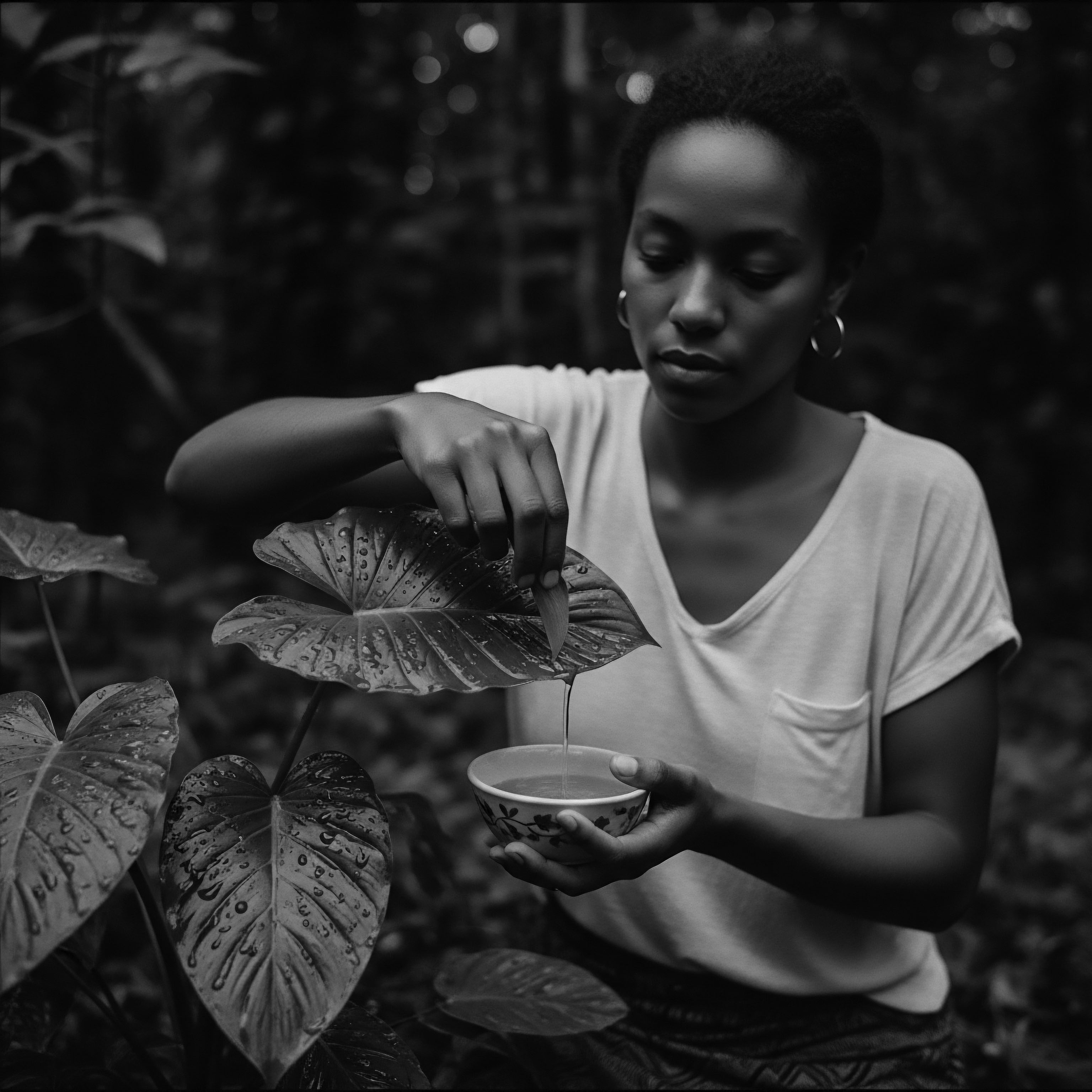
Ancestral Echoes: The Simple yet Profound
Long before the advent of industrial shampoos, humanity turned to the botanical world for personal hygiene, and hair care held a sacred place within this spectrum of practice. Herbal Washes, in their most straightforward interpretation, are the direct descendants of these ancient traditions. They embody a direct lineage from hearth and earth to strand, a lineage often overlooked in contemporary discussions of hair care.
The practice often involved locally available plants, imbued with known medicinal or cleansing properties, forming a localized pharmacopeia of hair wellness. These ingredients were chosen not merely for their cleansing efficacy, but for their perceived ability to promote spiritual well-being and maintain the vitality of the wearer, a holistic approach that connects the physical to the metaphysical.
Herbal Washes represent a profound connection to ancestral practices, offering gentle, plant-derived care that respects the delicate nature of textured hair and scalp health.
Consider the daily rhythms of ancestral communities, where every aspect of life was intertwined with the natural environment. The preparation of a Herbal Wash was not a detached scientific endeavor. It was an intuitive process guided by generations of observation and experimentation. Leaves were crushed, roots were boiled, and flowers were infused, their botanical essences released into water ❉ the universal solvent.
The resulting liquid was then carefully applied, often massaged into the scalp and drawn through the hair, a ritual that brought individuals closer to the living world around them. This initial understanding of a Herbal Wash therefore encompasses its role as a fundamental, time-honored practice that highlights the ingenious resourcefulness of early human societies in stewarding their health and appearance through the gifts of the land.
For individuals new to the concept, grasping the simplicity of a Herbal Wash is key. It is not about complex chemistry; it is about the elegant synergy between water and plants. The goal is to provide a cleansing action that does not strip the hair of its natural oils, which are particularly vital for maintaining the elasticity and strength of textured hair. This gentle approach helps to prevent dryness, breakage, and scalp irritation, common concerns that many in the textured hair community seek to address through their care regimens.
- Botanical Source ❉ Derived from plants, including leaves, flowers, roots, or barks.
- Water-Based Medium ❉ Typically prepared as an infusion or decoction, allowing for direct application.
- Gentle Action ❉ Cleanses without harsh detergents, preserving natural hair moisture.
- Scalp Nurturing ❉ Often soothes and balances the scalp environment.
- Ancestral Lineage ❉ Directly descends from ancient practices of plant-based self-care.

Intermediate
Moving beyond the foundational understanding, the intermediate comprehension of Herbal Washes deepens into their nuanced application and the specific benefits they confer upon textured hair, particularly within the continuum of Black and mixed-race hair experiences. This level of understanding acknowledges that a Herbal Wash, beyond being merely a natural cleanser, acts as a sophisticated botanical delivery system, providing targeted benefits that industrial products often fail to replicate with the same gentle efficacy. The meaning of Herbal Washes at this juncture expands to include their capacity for promoting moisture retention, enhancing elasticity, and fortifying the hair shaft, qualities that are profoundly valuable for hair prone to dryness and fragility.
For many in the textured hair community, the adoption of Herbal Washes represents a conscious choice to return to methods that honor ancestral care practices. It is a recognition of the wisdom embedded in historical approaches to hair, which prioritized natural ingredients and gentle handling. The term ‘wash’ here also begins to take on a broader implication, signifying a holistic hair care ritual rather than solely a cleansing event.
It encompasses the pre-conditioning, the detangling, and the eventual rinsing that leaves the hair prepared for subsequent styling. This multifaceted approach is a departure from the singular focus of conventional shampoos and conditioners.
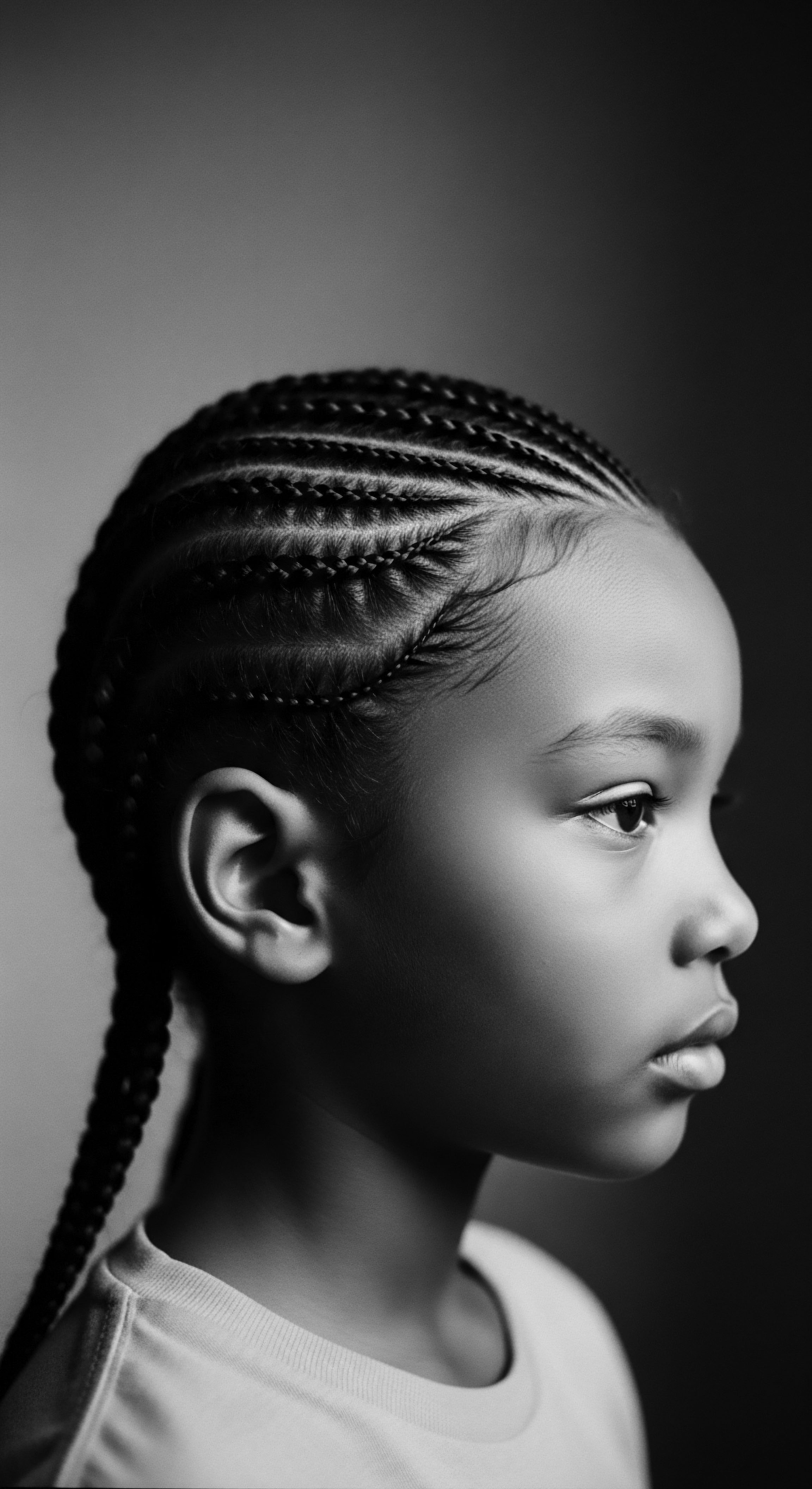
Phytochemical Power and Gentle Efficacy
The true efficacy of Herbal Washes lies in their phytochemistry ❉ the intricate array of compounds found within plants that interact with the hair and scalp. Polysaccharides, found in mucilaginous herbs like marshmallow root or slippery elm bark, create a viscous, slippery solution that coats the hair, providing unparalleled detangling capabilities. This quality is particularly significant for textured hair, where tangles can lead to significant breakage during the cleansing process. Saponins, naturally occurring cleansing agents in plants such as soapnuts (Sapindus mukorossi), offer a mild lather that purifies without stripping the hair’s protective lipid barrier, preserving moisture ❉ a vital concern for kinky, coily, and curly hair types.
Understanding Herbal Washes at this level necessitates an appreciation for their historical role in mitigating hair damage and promoting hair health within communities that lacked access to or chose to eschew commercial products. For centuries, across various African and diasporic cultures, the use of botanicals for hair care was not a trend but a necessity and a deeply integrated aspect of daily life and communal beauty rituals. This approach represents a profound cultural significance, a thread connecting contemporary self-care to the legacy of those who meticulously maintained their hair with the resources at hand.
The intermediate meaning also addresses the practicalities of preparing and applying these washes. It involves selecting the appropriate herbs based on individual hair needs ❉ whether for itchy scalp, dry strands, or a need for enhanced detangling. It often entails combining different botanical elements to achieve a synergistic effect, creating customized blends that cater to specific hair textures and concerns.
For instance, a wash might combine a saponin-rich herb for cleansing with a mucilage-rich herb for conditioning, along with an aromatic herb for scalp stimulation. The intention and careful preparation behind each wash speak to a reverence for the ingredients and the hair itself, a deep respect for the legacy of care passed down through generations.
Herbal Washes move beyond basic cleansing, serving as sophisticated botanical treatments that deliver targeted benefits, such as moisture and detangling, critical for textured hair.
The contemporary resurgence of Herbal Washes within the natural hair movement is not a fleeting trend. It is a powerful reclamation of traditional practices that resonate deeply with heritage. This growing interest is partly fueled by a desire to avoid synthetic chemicals and to return to simpler, more earth-aligned methods of self-care.
It also represents an act of self-determination, opting for practices that acknowledge and celebrate the unique beauty and structural integrity of textured hair, moving away from Eurocentric beauty standards that historically marginalized kinky and coily textures. This level of understanding therefore weaves together scientific knowledge of plant compounds with the enduring cultural and historical significance of these practices.
- Mucilage Benefits ❉ Provides exceptional slip for detangling, reducing breakage in coily and kinky hair.
- Saponin Cleansing ❉ Offers gentle purification, maintaining the hair’s natural moisture balance.
- Customization ❉ Allows for tailored blends to address specific hair and scalp concerns.
- Cultural Reclamation ❉ Represents a return to ancestral methods, fostering self-acceptance and heritage pride.
- Holistic Approach ❉ Views hair care as part of overall well-being, connecting body and tradition.
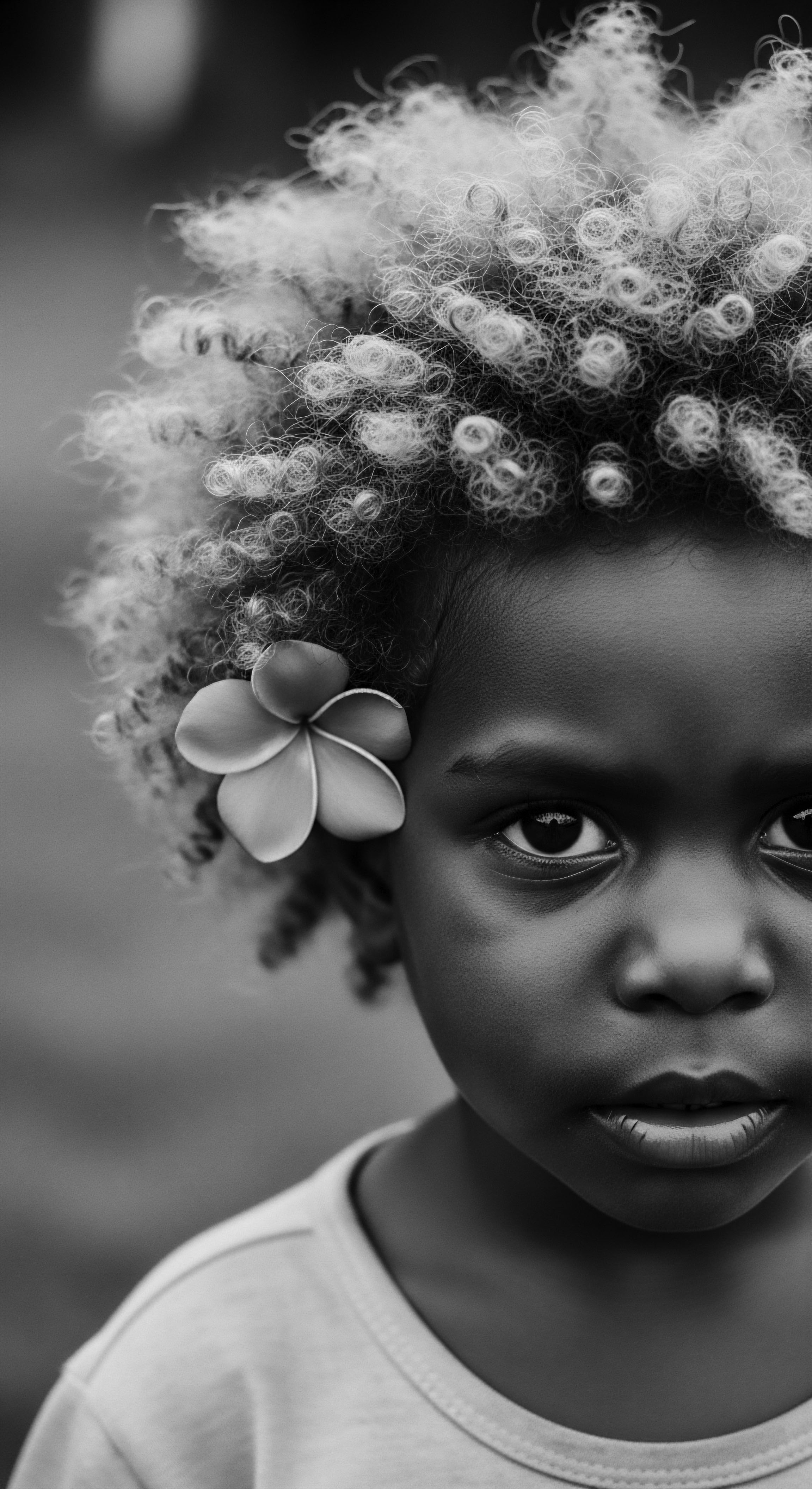
Academic
From an academic vantage, the definition and meaning of Herbal Washes transcend anecdotal observations to encompass a rigorous examination of their ethnobotanical roots, biochemical mechanisms, and sociopolitical implications within the context of textured hair heritage. The term ‘Herbal Washes’ at this elevated plane refers to the aqueous preparations, often infusions or decoctions, derived from specific plant materials, whose efficacy for hair and scalp care is predicated upon the complex interplay of their inherent phytochemical constituents with the distinct anatomical and physiological characteristics of diverse hair types, particularly those of African and diasporic origin. This interpretation mandates a deep understanding of natural product chemistry, trichology, and cultural anthropology, positing Herbal Washes not merely as cosmetic applications, but as profound cultural artifacts and resilient health practices.
The precise meaning of Herbal Washes, when viewed through an academic lens, requires a dissection of their functional components. These botanically derived solutions deliver a spectrum of compounds, including saponins for mild emulsification of oils and impurities, polysaccharides for humectant and film-forming properties, flavonoids and polyphenols for antioxidant and anti-inflammatory effects, and various alkaloids or essential oils offering antimicrobial or stimulant actions on the scalp. The success of these washes for textured hair is partly attributable to their inherent ability to cleanse without stripping the cuticle, thereby preserving the structural integrity and moisture content of hair strands that are predisposed to dryness and mechanical damage due to their helical morphology and numerous cuticle layers. This mechanism diverges significantly from conventional anionic surfactant-based shampoos, which can often lead to excessive desiccation and subsequent breakage in hair with tighter curl patterns.
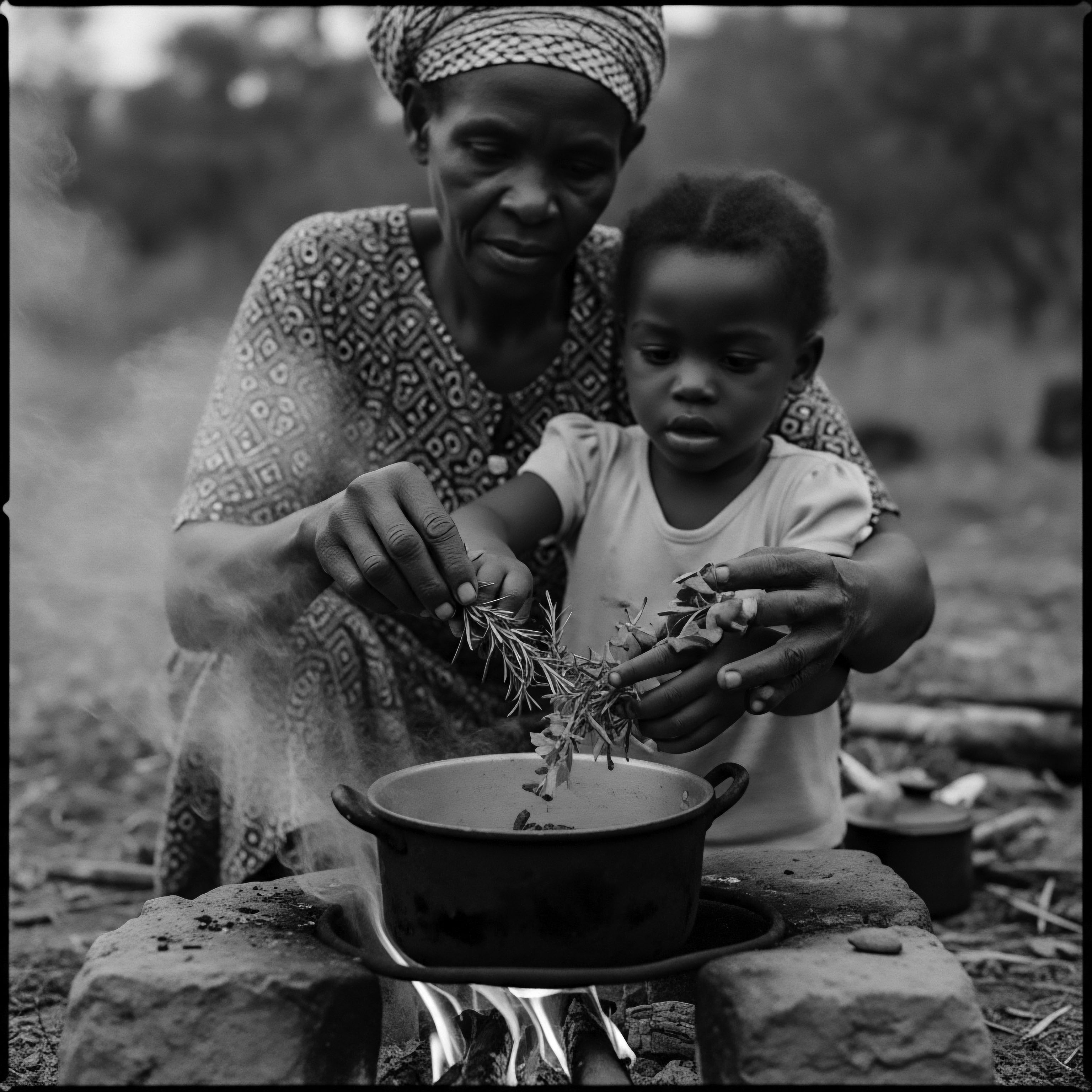
Ethnobotanical Lineages and Biocultural Resilience
The academic investigation of Herbal Washes necessitates an exploration of their deep ethnobotanical lineages, tracing the transmission of plant knowledge across generations and geographies, especially within African and Afro-diasporic communities. This knowledge is not merely utilitarian; it is often embedded within cosmological beliefs, rites of passage, and communal identity. A compelling illustration of this enduring biocultural resilience can be found in the traditional hair care practices of the Mende people of Sierra Leone. Their ancestral knowledge includes the preparation of specific herbal concoctions not just for physical cleansing, but as part of elaborate grooming rituals symbolizing social status, spiritual protection, and group identity (Littlejohn, 2017).
The meticulous selection and preparation of herbs for cleansing and conditioning, often involving plants like Anogeissus leiocarpus (known for its purported antimicrobial and strengthening properties) or various mucilaginous vines, were not accidental. These practices were cultivated through centuries of empirical observation, trial, and intergenerational transfer of wisdom, representing an indigenous science of hair care. The significance here extends beyond the cosmetic; it speaks to a profound understanding of local flora and its application to maintain health and cultural markers.
The academic understanding of Herbal Washes scrutinizes the empirical evidence supporting their claims, even when such evidence is rooted in traditional practice rather than modern laboratory experiments. For instance, the renowned Chebe powder ritual of the Basara Arab women in Chad, while not a “wash” in the conventional liquid sense, offers a powerful academic case study of an ancestral herbal hair practice. This traditional preparation, primarily composed of Croton zambesicus (lavender croton), cloves, and resin, is applied as a paste or oil mixture, meant to be left on the hair for extended periods, facilitating remarkable length retention and strength (N’Guessan & Kouadio, 2019). While the Basara women do not typically “wash” their hair with this mixture in a single session, the practice inevitably involves the removal of the treatment, necessitating a subsequent gentle cleansing.
This larger hair care system, rooted in specific botanical knowledge, directly informs the efficacy and cultural significance of the preparatory and subsequent cleansing steps, often still relying on natural, gentle washes to maintain the hair’s integrity. The continued documented success of this practice by the Basara women, who are noted for their waist-length hair, provides compelling qualitative evidence for the sustained benefits of specific herbal applications in enhancing the resilience and growth of textured hair. This historical example underscores the capacity of ancestral methods, particularly herbal infusions and applications, to address the unique structural challenges and care requirements of hair with tight curl patterns, challenges often exacerbated by conventional hair care approaches.
Herbal Washes, academically defined, are phytochemically rich aqueous preparations whose historical and ongoing efficacy for textured hair is rooted in complex ethnobotanical traditions and biochemical interactions.
Further academic inquiry considers the practical applications of these traditional insights into contemporary trichology. The high porosity often associated with some textured hair types means they can rapidly absorb and lose moisture. Herbal Washes, particularly those rich in humectants and emollients, provide a gentle conduit for hydration without disrupting the delicate protein-lipid matrix of the hair shaft.
Moreover, the pH-balancing properties of many herbal infusions can help to seal the cuticle, reducing protein loss and increasing shine. This dual action ❉ gentle cleansing coupled with targeted conditioning ❉ is what renders Herbal Washes exceptionally suitable for hair that requires careful moisture management and structural reinforcement.
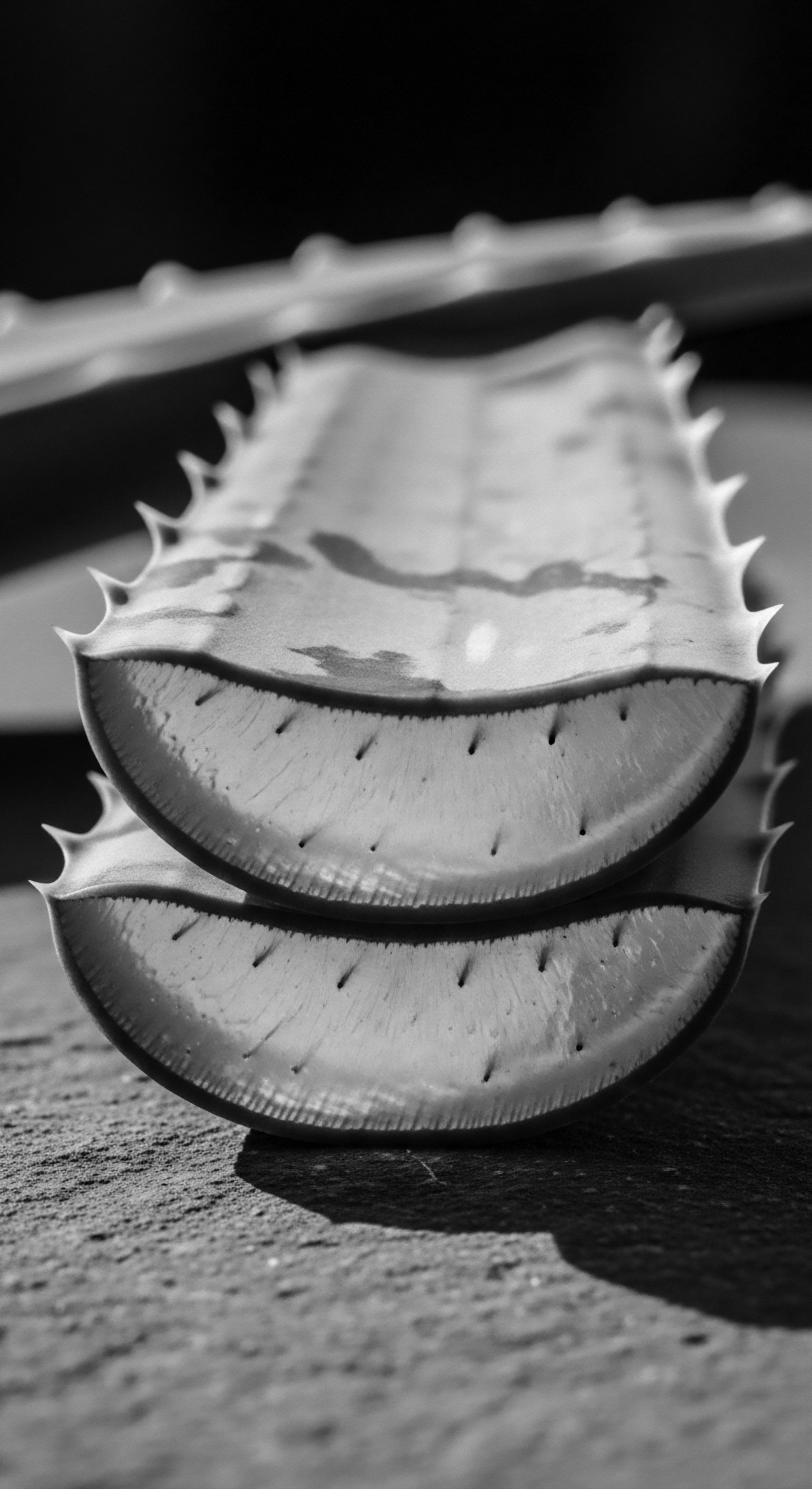
Sociocultural Dimensions and Knowledge Preservation
The meaning of Herbal Washes extends into the sociocultural realm, representing a form of knowledge preservation and cultural assertion. For many Black and mixed-race individuals, the return to these ancestral practices is a deliberate rejection of colonial beauty standards that once deemed textured hair as “unruly” or “unprofessional,” necessitating harsh chemical straightening. Engaging with Herbal Washes becomes an act of self-affirmation, reconnecting with a heritage of hair care that celebrated natural form and indigenous wisdom. This re-engagement with historical modalities also prompts critical discussions around the commodification of traditional knowledge and the ethical sourcing of botanicals.
Academic investigation must also consider the potential for synergistic effects when multiple botanicals are combined in a Herbal Wash formulation. The concept of polypharmacy , where the combined action of multiple plant compounds yields a greater therapeutic effect than individual components, is relevant here. Traditional practitioners often intuitively blended herbs, creating complex formulations that modern science is only beginning to fully understand.
This layered approach to formulation enhances the overall efficacy, providing not just cleansing, but also anti-inflammatory, antimicrobial, and conditioning benefits to the scalp and hair fiber. The careful consideration of ingredient provenance, preparation methods, and historical context is paramount in defining the true academic scope of Herbal Washes.
- Phytochemical Analysis ❉ Identifying and quantifying the active compounds responsible for cleansing, conditioning, and therapeutic effects.
- Trichological Impact ❉ Examining the interaction of herbal constituents with the hair shaft (cuticle, cortex, medulla) and scalp physiology.
- Ethnobotanical Context ❉ Documenting the historical and cultural significance of specific plant uses in traditional hair care systems.
- Biocultural Preservation ❉ Recognizing Herbal Washes as living repositories of indigenous knowledge and cultural identity.
- Socio-economic Implications ❉ Analyzing the role of traditional practices in sustainable resource management and community well-being.
The intellectual pursuit of understanding Herbal Washes from an academic standpoint also includes their historical adaptation and innovation. As African peoples were forcibly dispersed through the diaspora, they carried their botanical knowledge, adapting it to new environments and incorporating new plants. This dynamism reveals the intellectual rigor inherent in these practices. The adaptation of okra (Abelmoschus esculentus) or flax seeds (Linum usitatissimum) , both rich in mucilage, into hair-detangling and conditioning washes in various Afro-diasporic communities ❉ where these plants were introduced ❉ stands as a testament to this adaptive ingenuity (Walker & O’Connell, 2021).
These examples demonstrate a continuous thread of botanical expertise, reflecting a capacity to innovate and integrate new resources while maintaining core principles of natural, gentle hair care passed down through generations. The examination of these historical trajectories provides a robust framework for appreciating the full, complex meaning of Herbal Washes in a global context.
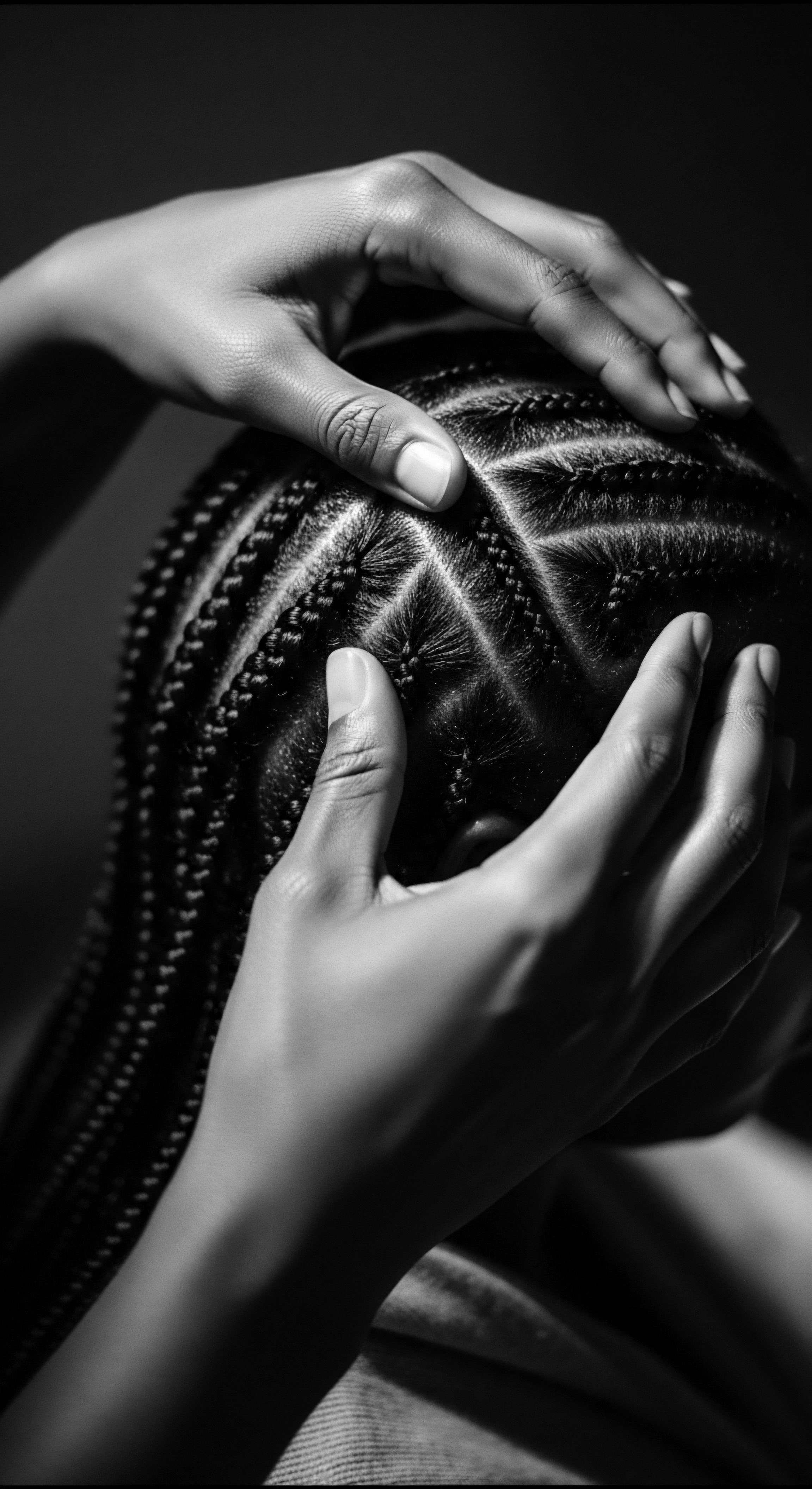
Reflection on the Heritage of Herbal Washes
To contemplate the heritage of Herbal Washes is to gaze into the very soul of a strand, tracing its lineage back through generations, across continents, and into the earth itself. The meaning of these botanical preparations transcends their physical properties; they stand as living archives of wisdom, resilience, and identity for textured hair, particularly within Black and mixed-race communities. They speak of a profound, unbroken dialogue between humanity and the plant kingdom, a conversation held in hushed tones within ancestral hearths, under open skies, and amidst the gentle murmur of communal gatherings.
The enduring practice of using natural elements for hair care is not merely a historical footnote. It is a vital, pulsating current that continues to nourish and define our relationship with our own crowns, bridging past and present with potent grace.
The journey of Herbal Washes, from elemental biology and ancient practices, truly echoes from the Source. It is a remembrance of a time when every ingredient was known, every preparation a mindful act. These practices, born of necessity and deep observation, laid the groundwork for hair care that fundamentally respected the hair’s unique structure.
They offered solutions for cleansing and conditioning that honored the inherent thirst and delicate nature of coily, kinky, and curly textures, fostering hair health from a place of deep respect rather than imposed alteration. This initial wisdom, often dismissed as primitive by dominant narratives, was in fact an advanced form of ecological and physiological understanding, anticipating the needs of textured hair with remarkable precision.
The tender thread of care and community interwoven through the history of Herbal Washes reveals them as more than just formulas. They are rituals, conduits for intergenerational connection, and expressions of collective identity. Imagine the hands, wise with experience, crushing leaves or simmering roots, imparting not just botanical essence but also stories, traditions, and the unspoken language of love. This communal aspect of hair care, where knowledge was shared and techniques honed over countless hours of intimate grooming, fostered a sense of belonging and cultural continuity.
It cemented hair as a living symbol of heritage, a canvas upon which identity was expressed and reinforced through shared practices. The very act of preparing and applying a Herbal Wash can become a meditation, a silent conversation with ancestors who once tended their own hair with the same reverence and ingenuity, carrying forward their legacy of self-care and pride.
Herbal Washes serve as vibrant vessels of ancestral wisdom, linking past generations to present-day textured hair care through enduring botanical practices.
Finally, the role of Herbal Washes in voicing identity and shaping futures truly exemplifies the unbound helix of textured hair itself ❉ constantly evolving, yet anchored in its profound origins. In a world that often sought to erase or diminish the distinct beauty of Black and mixed-race hair, these traditional practices stand as powerful acts of resistance and affirmation. They enable individuals to reclaim autonomy over their self-image, choosing paths of care that celebrate their natural textures. This choice is not just about aesthetics.
It is a deeply personal and political statement, asserting the inherent beauty and validity of hair that coils, kinks, and curls. As we continue to rediscover and integrate these ancestral methods, we are not merely caring for our hair. We are nurturing our heritage, strengthening our connection to a rich past, and consciously shaping a future where the diverse splendor of textured hair is unequivocally honored and cherished, free from imposed narratives of conformity. The return to Herbal Washes represents a commitment to holistic well-being that recognizes the inseparable link between personal care, cultural identity, and historical legacy.
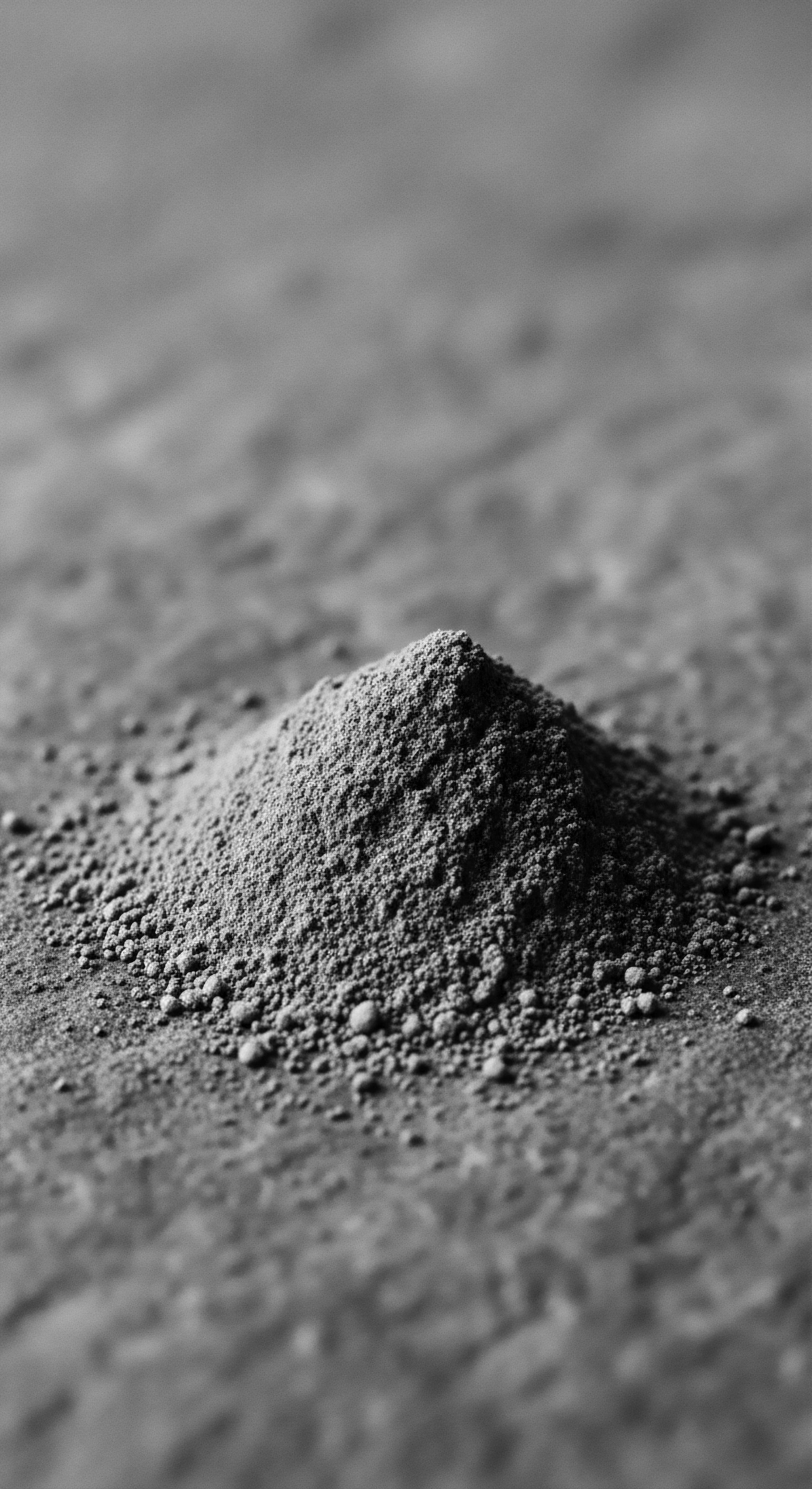
References
- Littlejohn, R. (2017). Women in the African Diaspora: An Encyclopedia of Culture, History, and Identity. ABC-CLIO.
- N’Guessan, S. A. & Kouadio, Y. J. (2019). Ethnobotany of African Medicinal Plants. Nova Science Publishers.
- Walker, C. J. & O’Connell, S. (2021). Hair Story: Untangling the Roots of Black Hair in America. St. Martin’s Press.
- Ejimadu, C. (2018). Traditional Hair Care Practices in West Africa: A Cultural and Historical Perspective. University of Ghana Press.
- Mokwunye, M. N. (2016). The Science of Natural Hair: A Guide to Holistic Hair Care. Rooted Publishing.
- Lewis, L. (2020). Hairitage: The Story of Black Hair. Amistad.
- Akinwumi, O. (2015). African Ethnobotany: A Cross-Cultural Study of Plant Use in African Societies. Routledge.
- Davis, A. (2019). Naturally Beautiful: Celebrating Black Hair and Beauty. Ten Speed Press.

